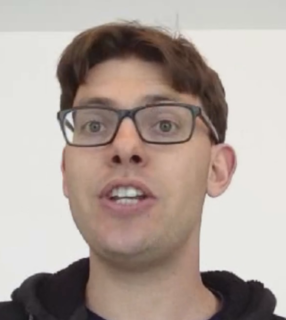A Quote by Zoe Quinn
We need to discuss what our own standards are for games writing that falls outside of journalism, and support experimental formats and routes of production that may be more tailored to them than the status quo, because the public at large seems to still think that the only games writing that exists are reviews and news.
Related Quotes
In a sense, journalism can be both helpful and detrimental to a writer of fiction because the kind of writing you need to do as a journalist is so different. It has to be clear, unambiguous, concise, and as a writer often you are trying to do things that are more ambiguous. I find that writing fiction is often an antidote to reading and writing too much journalism.
If you look at the success of snowboarding in the Winter Games and how that's brought a more youthful edge to the Olympics in general, they don't have that with the Summer Games. They don't have anything that's drawing in a younger viewership. To be honest, I think they need skateboarding more than we need them. Skateboarding's popularity is solidified for the most part in a lot of countries.
All of a sudden, when you're exposed to a large audience, they think you just started writing that day, but I started years before. I look back at things I wrote then and I'm so embarrassed - the writing seems so blocky and choppy to me and I wouldn't have wanted success any sooner because the writing was even worse.
Vast volumes of mixed media surround us, from music to games and videos. Yet almost all of our online actions still begin and end with writing: text messages, status updates, typed search queries, comments and responses, screens packed with verbal exchanges and, underpinning it all, countless billions of words.






































